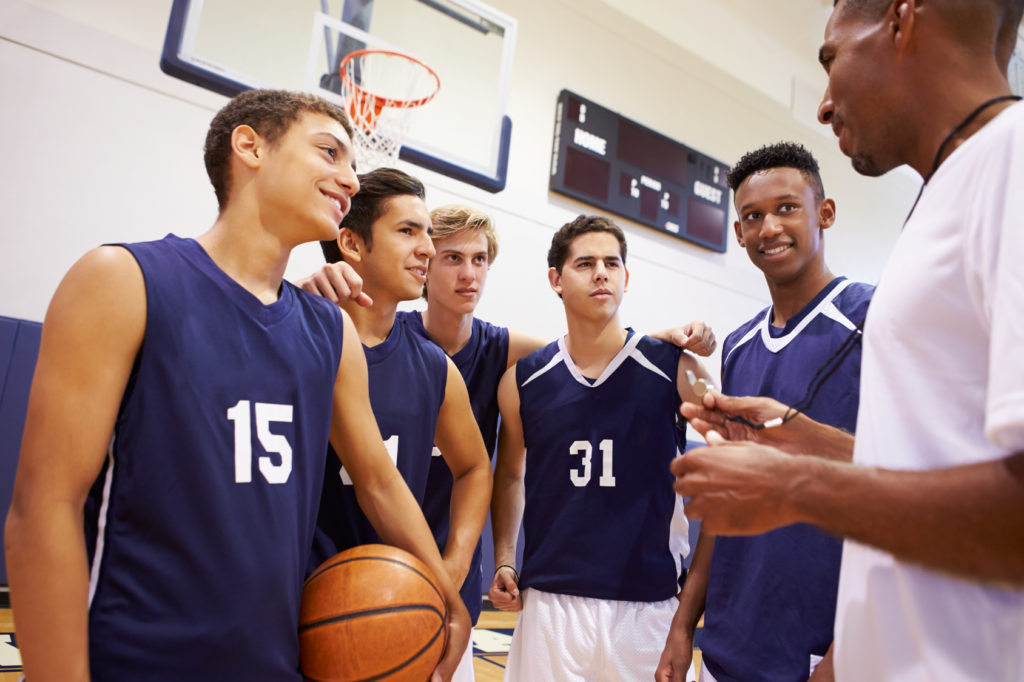
In applied sport psychology debriefing is an area which has yet to be examined (Hogg, 2002). Most research relating to debriefing has focused on performance evaluationwhich has been looked at in more depth (Hogg, 2002). This type of research uses psychometric tests to assess an athletes strengths and weaknesses before, during or after performance (Smith, Norris & Hogg, 2002). Examples of […]

In this article we shall look at the effects that exercise has on psychological well/ill being. In todays society 25% of people experience anxiety disorders and 20% of people experience depression (Dishman, 2004). By 2020, depression will be second only to cardiovascular disease as the leading cause of death and disability (Lopez, 1997). Many studies have […]

Decision making in sport has been a well investigated topic area in Sport Psychology, and it is one that is constantly developing and becoming more important in the world of sport and sport psychology. Decision making is a complex phenomenon in that if you were to ask a professional athlete why they made a decision, they […]
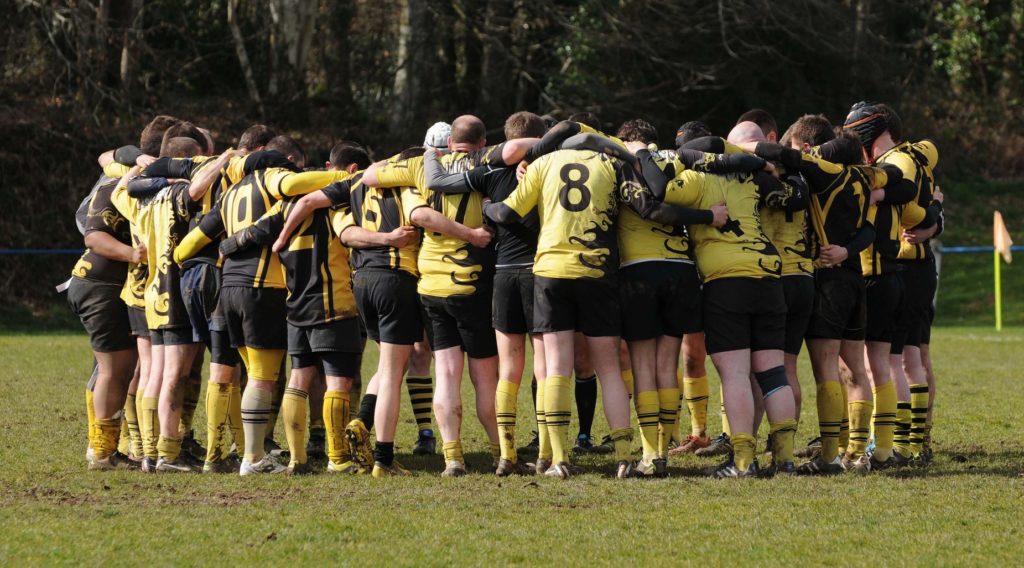
Coaches often talk about teams needing time to “gel” in order to perform at their maximum potential. What exactly does this mean? It has been evidenced time & time again that skill & ability will only get you so far, groups of players must have an intangible bond to fulfill their true potential. This bond […]
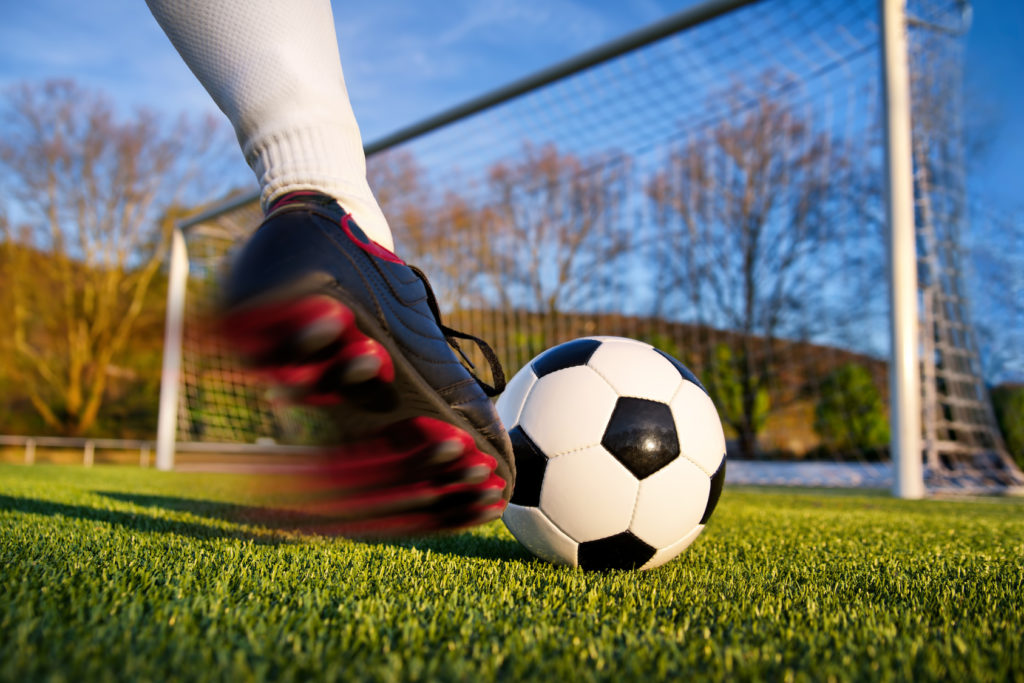
One common issue that athletes seek sport psychology services for is to learn how to perform in a competition as well as they do in practice. Your physical ability has not changed or decreased, so why does your performance? Weinberg and Gould (2007) state that many times “a lack of physical skills is not the […]

In addition to the standards and competencies that sport psychologists must demonstrate to achieve accreditation with the relevant governing bodies, effective sport psychologists have been well-documented within the literature as possessing certain skills and characteristics. For example, Weigand, Richardson and Weinberg (1999) found coaches and athletes valued sport psychologists who were helpful, knowledgeable, caring, understanding, available, […]
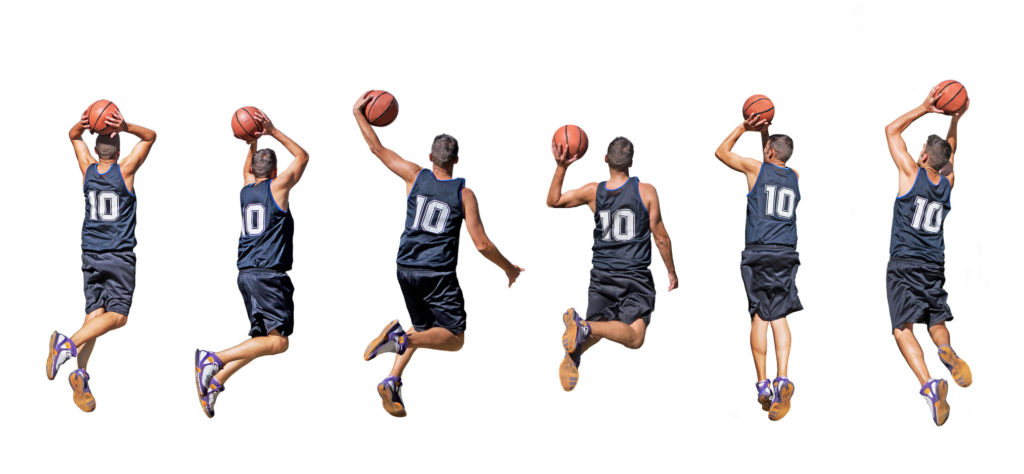
Within elite sport it can be a huge challenge to prepare not only physically but psychologically for the spike in pressure which can be encountered during competition. The negative phenomena of this pressure placed upon an athlete can lead to choking, which is known as: “an elevation in anxiety and arousal, under extreme pressure which leads […]

I am a great fan of humanism (i.e. belief in humanity) and one thing that has cropped up in my Psychologist training is Maslow’s Hierarchy of Needs. Broken down into five levels, ranging from our physiological needs to self-actualisation, it explains what motivates and fulfils us throughout our lives. ‘I need’ needs: These are the things we need for survival. Food, water, […]
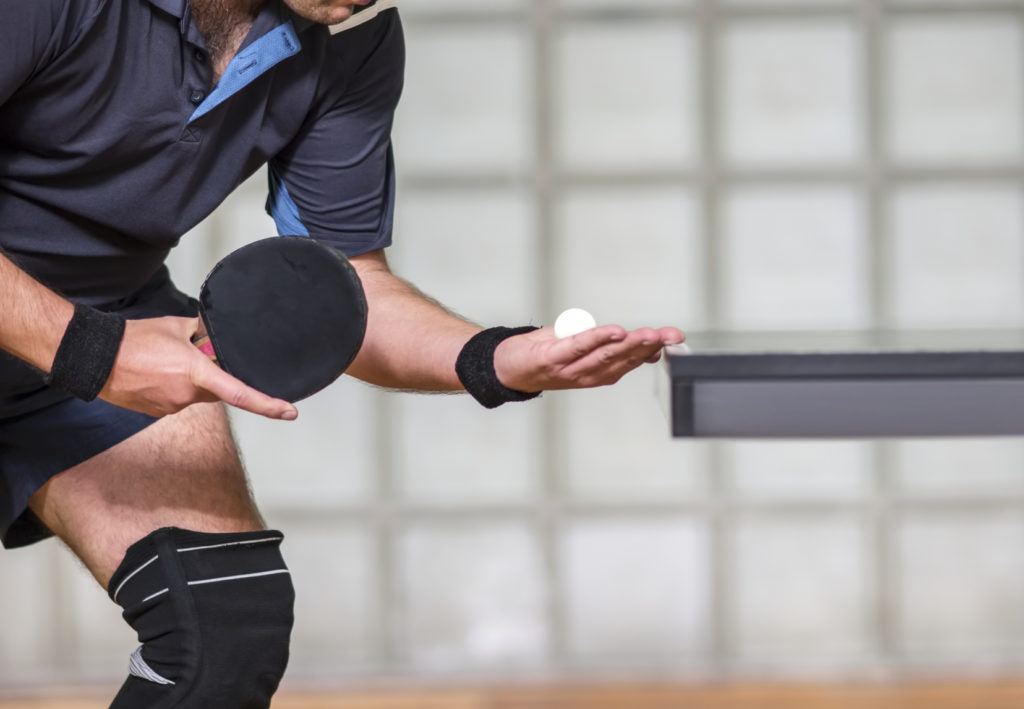
Various intervention techniques may reduce choking. Implicit learning strategies, such as analogy learning, have been found effective in table tennis44. This intervention provides support for EMT by showing that reductions in the amount of explicit movement knowledge acquired decreases performance failure under pressure. However, Syed was already an expert when the choke occurred, therefore changing technique […]
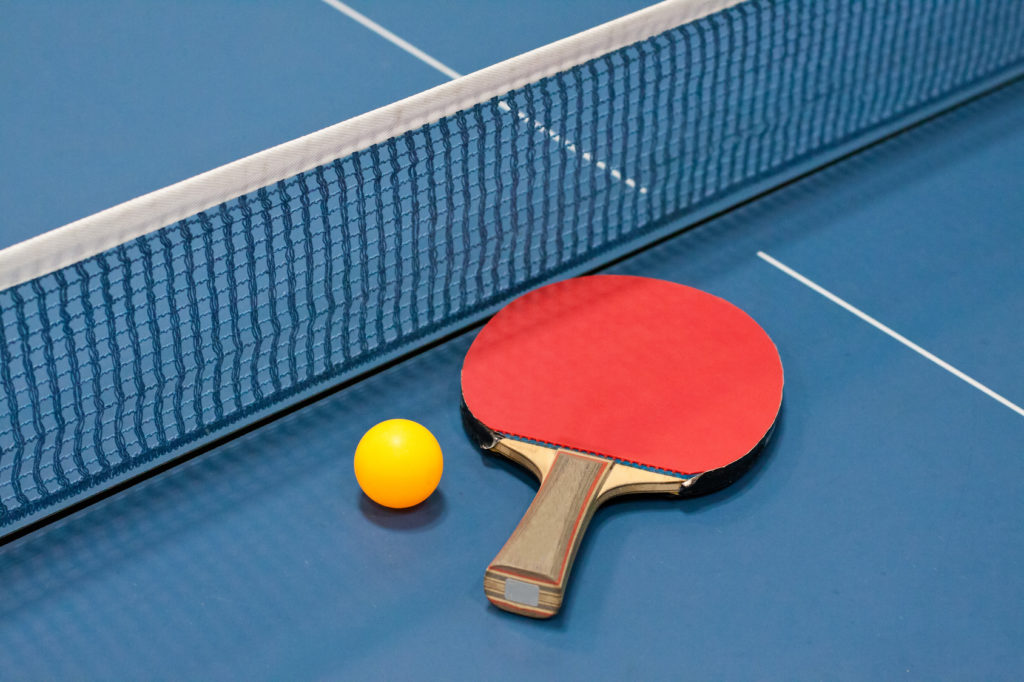
The London Olympics of 2012 showcased a buffet of sporting heroes, but the Games also proved a ‘choking’ minefield for many athletes. Erratic shooting and overambitious passes in the Women’s Basketball resulted in the headline, ‘Team GB choke in final quarter’18. The Australian Men’s 4x100m relay team was accused of ‘choking’ away the Gold 1 .And world […]

